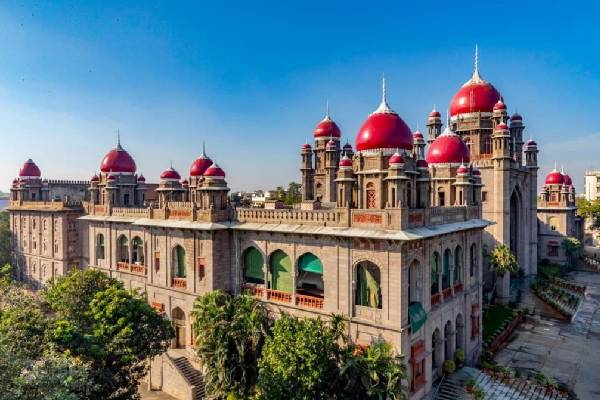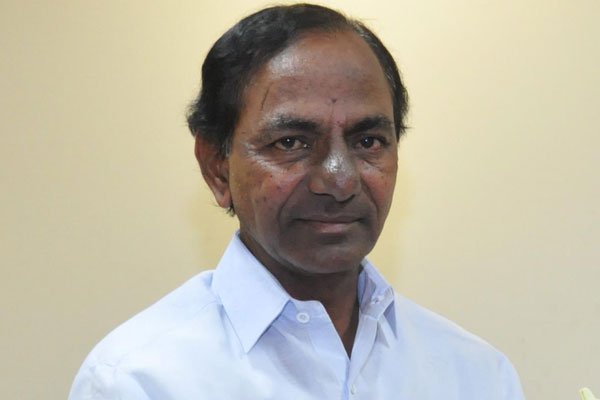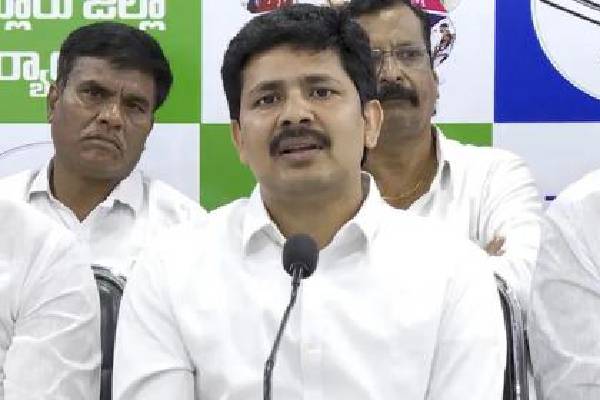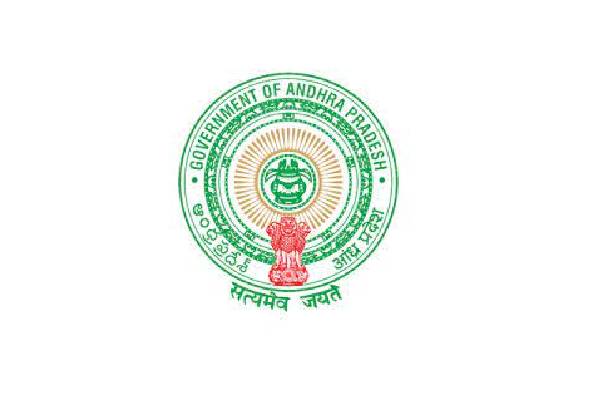Telangana Chief Minister K Chandrasekhar Rao, who was discontent with the Union Budget for ignoring his government’s flagship programmes in allocation of funds, is heading for a three-day visit to the national capital New Delhi, to put in all-out efforts to extract more funds for the state. He is leaving for the national capital tomorrow evening and during his stay in New Delhi he will be meeting Prime Minister Narendra Modi, besides several other central ministers.
He is particularly making efforts seeking liberal assistance from the Centre for his government’s prestigious programmes like Mission Bhagiratha and Mission Kakatiya, besides honouring of various promises made for the state in the AP Reorganisation Act, 2014. As the Union Finance Minister Arun Jaitley is likely to make some changes in the budget before its passage in the Parliament, Chandrasekhar Rao is making moves to persuade the Centre to get more allocations to the state in the final composition of the budget.
The promises that the Centre is yet to focus its attention include setting up of AIIMS, besides other national level institutes in the newly formed state. The Chief Minister has expected that in this year’s budget Centre will announce AIIMS for the state. But it is now accusing the same was taken away for the Prime Minister’s native state Gujarat.
During his visit, Chief Minister will be also leading an all-party delegation from the state to request the Prime Minister to take necessary steps for categorisation of Scheduled Castes in the state. Chandrasekhar Rao is planning to meet union ministers Arun Jatiley, Suresh Prabhu, Rajnath Singh and few others. Already he has sought appointment with several key ministers and State Government’s representative in New Delhi S Venugopala Chary has been making necessary preparations for his schedule in the national capital.
Before he leaves for New Delhi, Chief Minister has directed all his ministers to carefully examine various provisions in the Union Budget, so that to identify scopes where the State can bring pressure for more allocations.



































